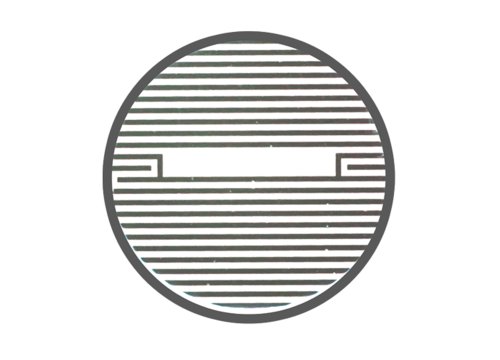Li Z, Ma J, Kuang Z, and Jiang Y.
Frontiers in Pharmacology, 2021.
Scientists explore cytoprotective mechanisms of beta-asarone in Alzheimer’s disease using Axion’s Maestro Z platform and other methods.
Beta-asarone—one of the main components of a traditional Chinese medicine used for dementia and amnesia—has demonstrated effects against Alzheimer’s disease in vitro and in vivo, but scientists do not fully understand the underlying cytoprotective mechanisms of the compound. In this study, researchers used the rat pheochromocytoma cell line PC12 as a model to find out if beta-asarone protects cells from amyloid-beta-induced injury by affecting autophagic flux. The accumulation of amyloid-beta damages neurons and has been linked to the development of Alzheimer’s disease.
To determine the ideal concentrations and times of exposure for beta-asarone and comparator chloroquine diphosphate (CQ) treatments for the experiments, researchers used Axion’s Maestro Z platform for real-time impedance-based cell analysis. Overall, the study findings demonstrated that amyloid-beta inhibits the autophagy process, and that beta-asarone may protect against the damage by enhancing autophagic flux and promoting amyloid-beta elimination. Researchers plan to conduct additional studies to enhance the understanding of neuroprotective effects associated with metabolites found in traditional medicines.


